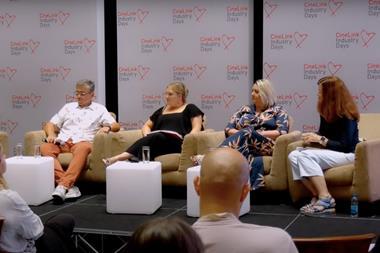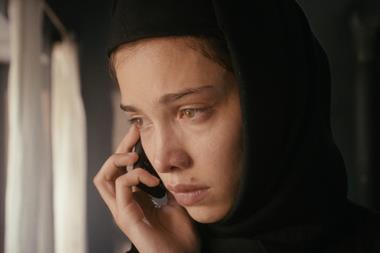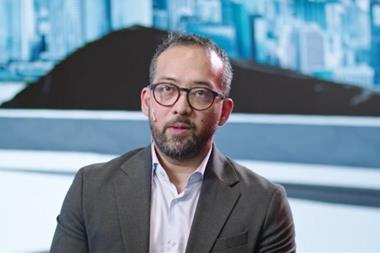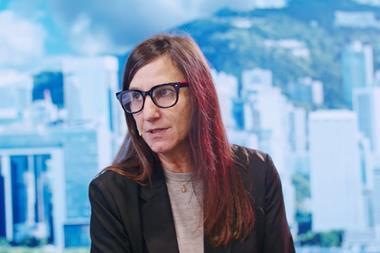Executives from three top US indie distributors have emphasised the benefits of growing their pre-buy and production activity as a way of competing with deep-pocketed streamers and coordinating international releases.
Speaking at Screen’s Restart Conference on May 19, IFC Films president Arianna Bocco said: “All of the streaming platforms combined are such hoovers with regard to scooping up talent and projects, so there’s less and less available on the open market on the independent side with all of these distributors competing to buy finished films.”
“We are definitely looking to get more and more into the pre-buy space and… either [the] co-production or producing space, just out of necessity,” she added, citing Michael Winterbottom’s The Trip films as examples of IFC pre-buys.
Watch the full session above
Elissa Federoff, president of distribution at Neon, agreed. “It is a way to compete with streamers, absolutely,” she said, adding that getting involved earlier can benefit a film’s international roll-out. “We can buy the world on a title. We can think about other territories. We can think about how we get to monetise working in other territories, and I think that’s something the pandemic has certainly brought to light for me personally.” She said Oscar-winner Parasite and Ben Wheatley’s pandemic project and 2021 Sundance world premiere In The Earth were Neon projects that benefitted from this worldwide approach.
Bocco added: “For all of us, it really behooves us to get in earlier, because more and more you’re picking up a finished film at a festival or a market and you have a very fast turnaround time, and it’s not really sustainable in terms of trying to get these films out and released before the rest of the world releases. So, if you’re in earlier, you can strategise with other territories and make sure that you’re sharing materials and press. It’s just much more beneficial for the films’ releases if these are coordinated, whether you hold the worldwide rights, or you’re just the US distributor.”
Magnolia Pictures EVP Dori Begley said her company’s approach to this was “opportunistic” at the moment. “We’re not out there saying we’ve got to get X number of productions this year. If a filmmaker or producer we love and trust comes to us with an exciting proposition and it makes sense, then we’re on board.” In recent times Magnolia fully financed Hail Satan? and The Brink.
Minimum guarantees
Another area of agreement for the executives was the prevalence of paying minimum guarantees (a flat fee the distributor agrees to pay a producer for the right to distribute a film), despite the unpredictability of revenue streams because of the pandemic.
“On no, we’re definitely paying them,” said Bocco. “I think it’s really a seller’s market right now… it’s a very, very competitive space at the moment. But [IFC] will be selective about what we go out over our skis on.”
“We’re all paying through the nose!” laughed Magnolia’s Begley. “We’re not going to take gigantic swings in the midst of this uncertainty, but we seem to be nearing the end of wild uncertainty and moving into more calculable uncertainty, so the risk will change accordingly.”
Collapsing windows
All three companies have been using different theatrical windows in their release models for many years – IFC FIlms pioneered the day-and-date theatrical/VoD model and Magnolia was an early adopter – a strategy the major studios were forced to emulate in the past year.
“It’s kind of funny for those of us who have been doing it for 15 years to see the studios suddenly saying, ‘Oh way this might be a great model’,” said Bocco.
“It will be really interesting how long the 45-day window stays in place,” she continued. “Because it is still the Wild West. You have these 18-day windows too now. You have a lot of deals that are based on international release plans that still have a solid 90-day window, so it really is all over the place. There is no one consistent model at the moment. It’s still in flux.”
Federoff agreed: “It seems like each major studio each week comes out with their own different interpretation of the collapsed window, whether it’s 17 days, 45 days; they’ve chosen a model that works for them. The great thing about being an indie is that we get to play with all of it and at Neon we always have, so we are experienced at it. Now is about taking that access in this acceptability of the collapsed window and tailoring it to what makes sense for each title.”



































No comments yet